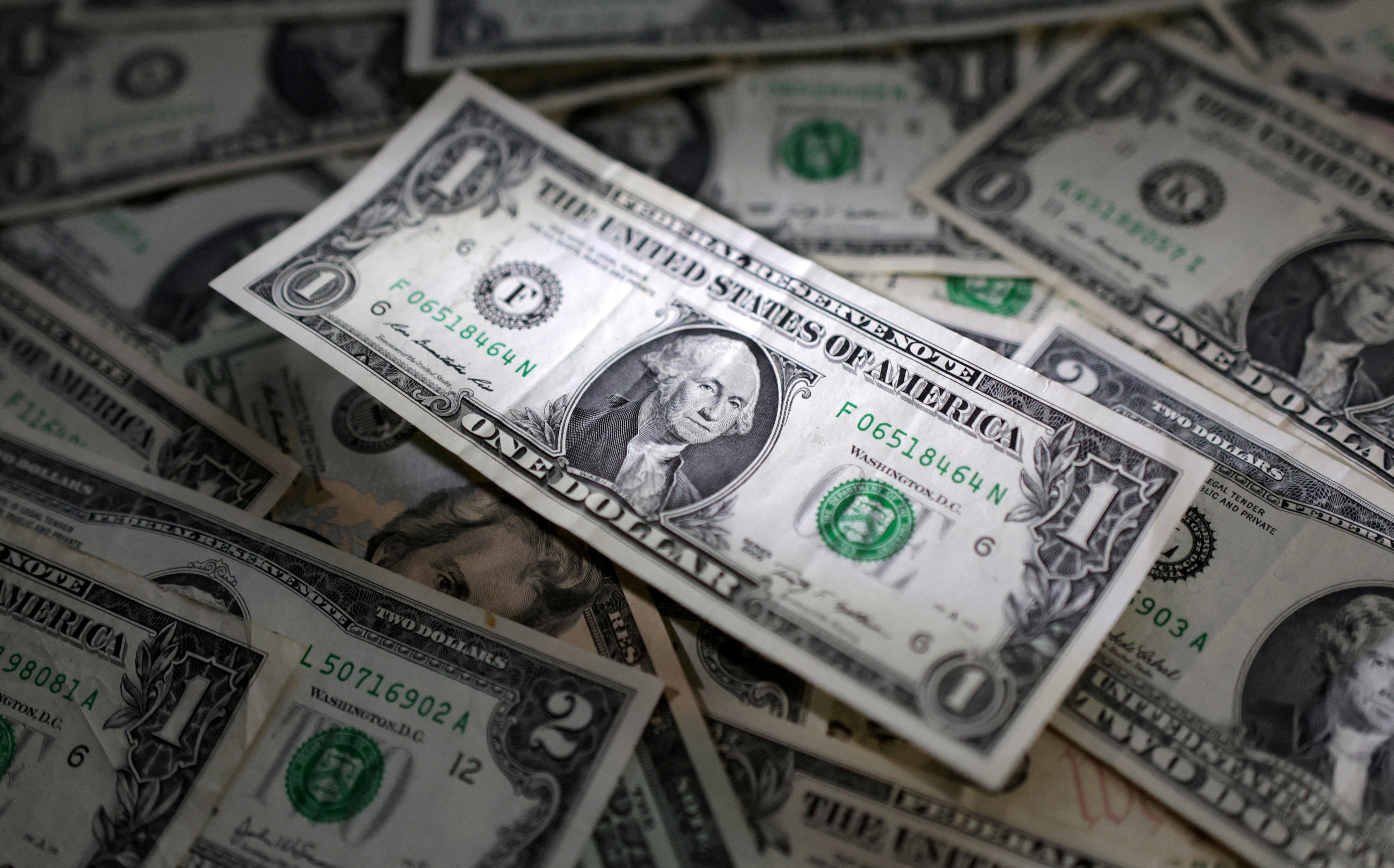
WASHINGTON, May 1 (Reuters) - The U.S. Treasury Department said Monday it now expects to be able to pay all U.S. government obligations only through June 1 without a federal debt limit increase, adding urgency to a bitter fiscal fight between congressional Republicans and Democrats and the White House.
U.S. Treasury Secretary Janet Yellen said in a letter to Congress that the agency will be unlikely to meet all U.S. government payment obligations by "early June." The debt ceiling could become binding by June 1, she said.
After hitting the $31.4 trillion borrowing cap on Jan. 19, Treasury Secretary Janet Yellen previously told Congress Treasury would keep up payments on debt, federal benefits and make other outlays at least through June 5 using cash receipts and extraordinary cash management measures.
The new date reflects a more specific estimate, based on taxes collected during the April 2023 income tax filing season.
In 2011, a similar debt ceiling fight took the country to the brink of default and prompted a downgrade of the country's top-notch credit rating. This time, negotiations may be even more difficult, veterans of 2011's face-off say.
The Republican-led House of Representatives passed a bill April 26 that would raise the debt ceiling in exchange for deep cuts to healthcare for the poor and other budget cuts that the Department of Transportation says would shut hundreds of air traffic control towers. The bill also would slash tax incentives for solar and other climate-friendly energy sources.
The Republican bill would implement $4.5 trillion in spending cuts - or about 22% - in exchange for a $1.5 trillion increase in the U.S. debt limit. It has no chance of passing the Democrat-controlled Senate and the White House has said President Joe Biden would veto the legislation.
The White House has asked Congress to raise the debt limit without conditions; administration officials are already making plans to negotiate with Republicans over the president's 2024 budget plan.
The U.S.'s debt ceiling battles are likely to persist for years to come, with benefit programs like Social Security and Medicare accounting for the largest category of the budget and projected to grow dramatically as the population ages.
Biden and his administration are using the proposal from Republican House of Representatives Speaker Kevin McCarthy to tag Republicans as an economic threat, sending cabinet officials and senior advisers on a media tour to talk about local impacts.
National Economic Policy Director Lael Brainard told National Public Radio's "Marketplace" on April 26 it was critical to avoid a U.S. default and warned of the destabilizing impact on financial markets.
"It’s good to negotiate, but the negotiation takes place every year over the budget. What we can’t see is that the debt limit be used by a part of Congress to hold an entire agenda of unrelated items hostage to this threat of default," she said.